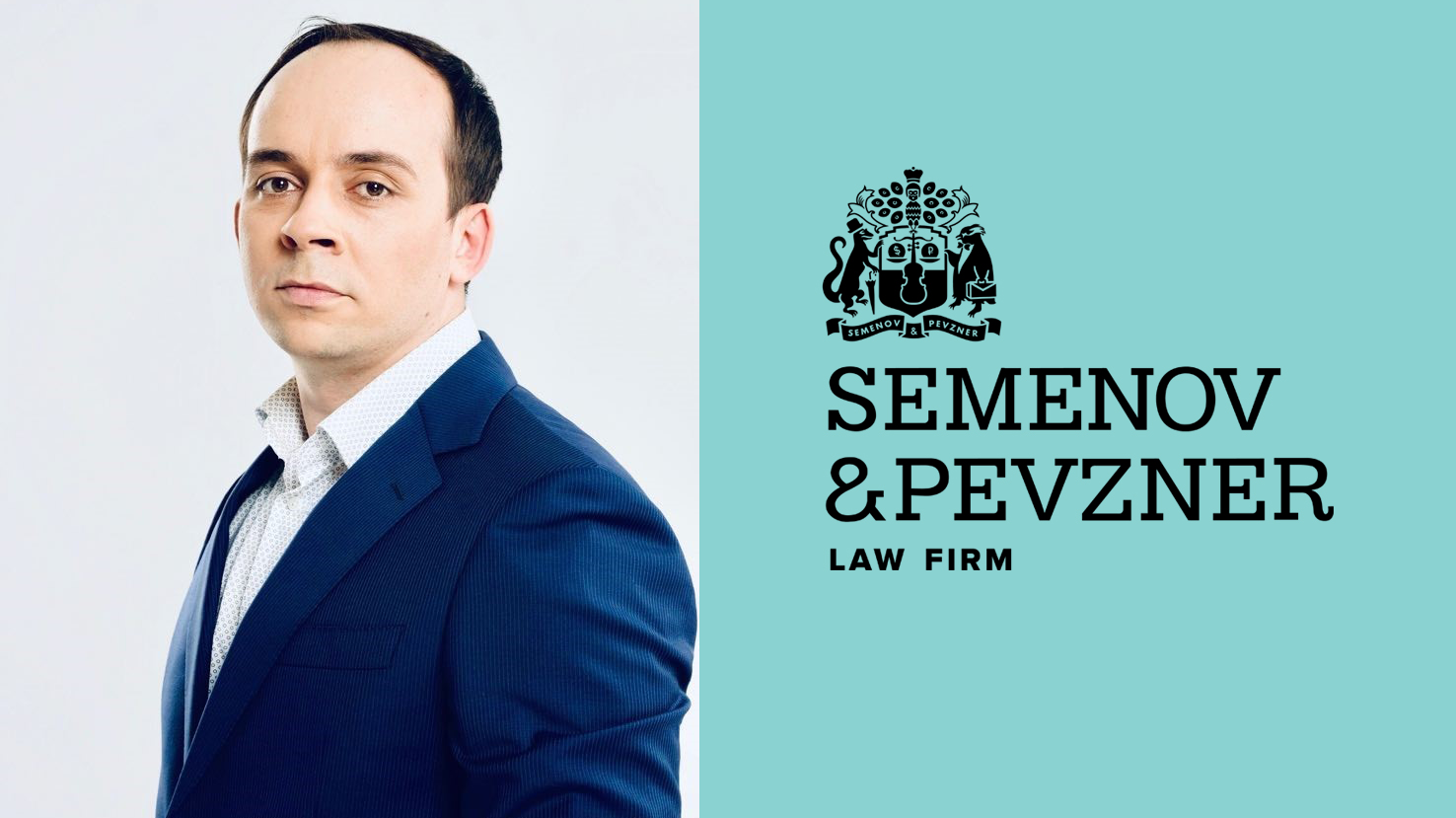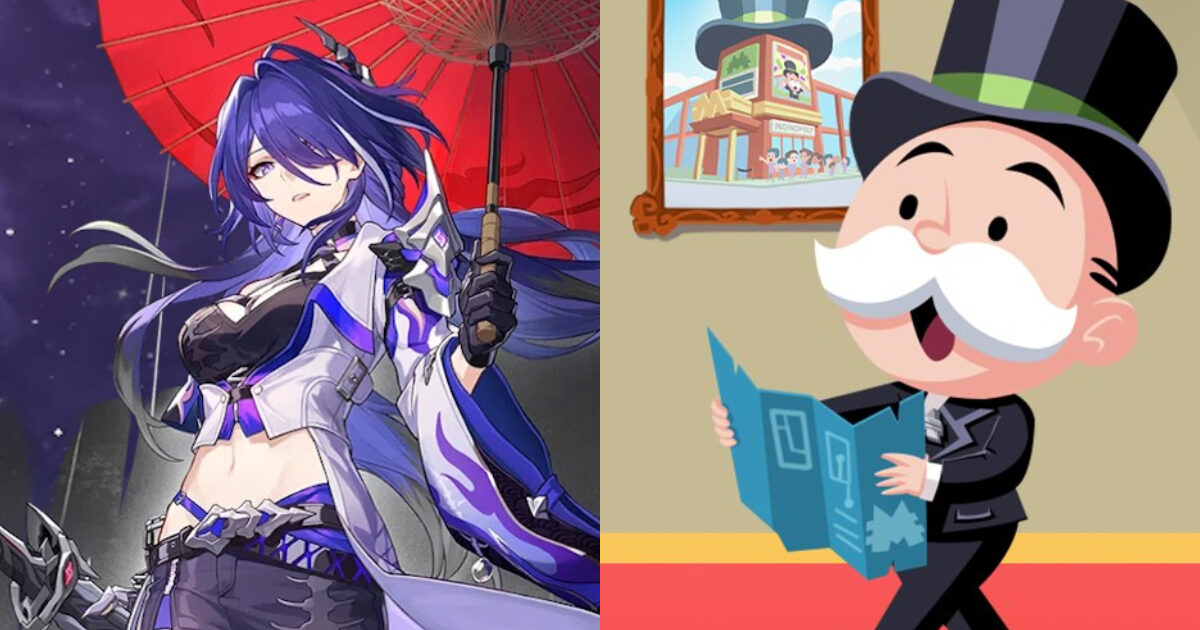Results 2020: Roman Lukyanov from Semenov & Pevzner about the main thing for the year
How a year has passed in the legal field for the video game industry,” said Roman Lukyanov, Managing partner of Semenov&Pevzner law firm.
Roman LukyanovHow did 2020 go for the company?
2020 was surprisingly dynamic, cheerful and generally positive for the company. Yes, at the beginning of the year, of course, we were visited by fears that everything was about to collapse, we would be left without money, we would have to cut salaries, bonuses, staff and other horrors. But to our happiness and surprise, the work has not gone away. The tasks themselves have changed a little.
I associate this with the focus of our work – intellectual property, the media environment, entertainment, IT – all this has received a new impetus in the light of “covid” events. Hence the new tasks and new challenges.
The pandemic also became a trigger for conflicts (someone owed someone, someone decided not to renew the license, but continued to use the product, someone copied something in a hurry to earn money as soon as possible).
What laws and proceedings were worth attention this year?
I’ll take it widely – around the world. The most worthwhile court cases of 2020 are, of course, Epic vs. Apple and Voodoo vs. Rollic.
The first one is far from being completed, but it is already clear that even before the court’s decision, it had a strong impact on the market: Apple changed the store’s commission. Yes, not for everyone, but still.
Voodoo v. Rollicks is, as for me, not such a loud story, but for a lawyer it is no less cool and interesting than with Epic. The issue of protecting hyper-casual games from copycat projects is a well–known headache. There is little audiovisual, protected IP, classic lawsuits/claims work with a creak. But Voodoo has actually come up with a new way to protect its project through the mechanics of unfair competition. The case, obviously, still has to go through several instances to become a full-fledged precedent. And the big question is whether it is possible to scale this practice to other jurisdictions (the dispute is being considered in France). But this is a serious event anyway.
If we talk about the Russian Federation, then I don’t remember any interesting disputes here. Except that Microsoft and Mojang Synergies are suing a Russian dairy manufacturer for the Minecraft trademark.
There is also something to remember about the laws this year. For example, the law on blocking mobile applications with pirated content. So far there are no court decisions on this law, but there are already legal disputes that have already started (we are directly involved in a couple). How it will work in the context of the gaming industry (for good or for harm) is too early to say.
Amendments to the IT tax maneuver, the law on digital financial assets, the law on crowdfunding, which came into force on January 1, 2020 – all this came into our lives in 2020. It is not very clear how much this will help (or harm) the gaming industry.
What legislative initiatives do you expect from next year?
Well, firstly, a package of measures (not yet legislative initiatives) aimed at supporting the gaming industry was announced. Perhaps some of these measures will be implemented (simplified procedure for the release of Russian games in China, simplification of currency control, additional tax benefits).
Secondly, the Ministry of Internal Affairs has a bill criminalizing drug propaganda in its work. In the last edition, he negatively clung to the games, let’s see what will happen in the new version.
Thirdly, if we talk about expectations, then I would really like to see a full-fledged federal law on state support for the gaming industry. By analogy with the cinema. Not about the fact that the state gives money to everyone from left to right (although it is also about money), but about clear principles of state policy for the gaming industry: creating a favorable legislative environment, training and education support, determining the status of video games and providing additional protection tools, export support, tax preferences, subsidies, proactive participation of the state in building international relations with other important markets in the context of video games. It is unlikely that something like this will appear in 2021, but I would like to at least look in this direction.
If we talk about the world, then the hottest point here is the loot boxes. Most likely, the legislators of many countries will regulate this part of the industry in one way or another (and with what rigidly).
What game releases are you interested in this year? What kind of attention did you pay exactly as a gamer?
There is very little time to play. This year we got our hands on The Last of Us 2, Desperados 3, Ghost of Tsushima and Wasteland 3.

